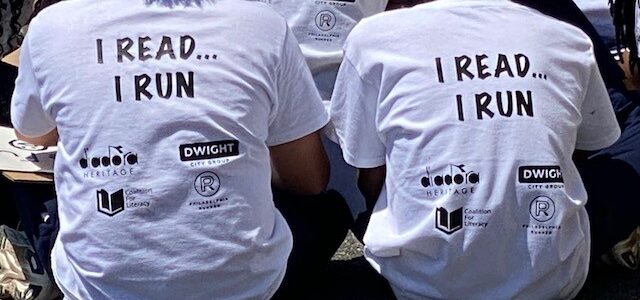$2 Billion is Spent on Students Repeating a Grade Every Year Because of Problems Related to Reading
(U.S. Department of Health and Human Services)

The United States is a highly literate country. Yet, “according to the National Center for Education Statistics, about 22% of American adults have minimal literacy. Some are functionally illiterate in that they can read some words but not enough to understand simple forms or instructions. Nearly two-thirds of this group did not complete their education through high-school. Many are immigrants, others have visual difficulties, while others have physical, mental or psychological conditions. Adults with low literacy levels are more likely to be homeless, unemployed, or hold very low paying jobs.” [1] [2]
The United States Department of Health and Humans Services states that every year, $2 billion is spent on students repeating a grade because of problems related to reading. [3] The United States Department of Education says 60 percent of American’s prison inmates are illiterate and 85 percent of all juvenile offenders have reading problems. [4]
Groups like “Reach Out And Read” have been developed by pediatricians to make reading a part of early childhood checkups. They believe that “34% of American children entering kindergarten today lack the basic language skills they need to learn to read. And children living in poverty are especially at risk. Children who start out with reading difficulties are more likely to remain poor readers and ultimately fail in school.” [5] Over one million children drop out of school each year, costing the nation over $240 billion in lost earnings, forgone tax revenues, and expenditures for social services. [6]
It’s an undisputed fact … low literacy has an impact on all of our lives. Low literacy not only disadvantages those directly affected, it drains our nation’s financial resources. The Coalition for Literacy is tasked with helping to spread the word among our government decision makers and to advocate for policies and programs which directly focus on increasing literacy among both children and adults. Not only will the Coalition for Literacy strive to promote and implement public policy, it will work to assist other literacy programs get books and other literacy learning aids in the hands of parents and educators.
The Coalition for Literacy isn’t out to reinvent the “literacy wheel”; we’ll be the squeaky wheel that keeps the message front and center until it get the attention it needs in our state and federal halls of government.

